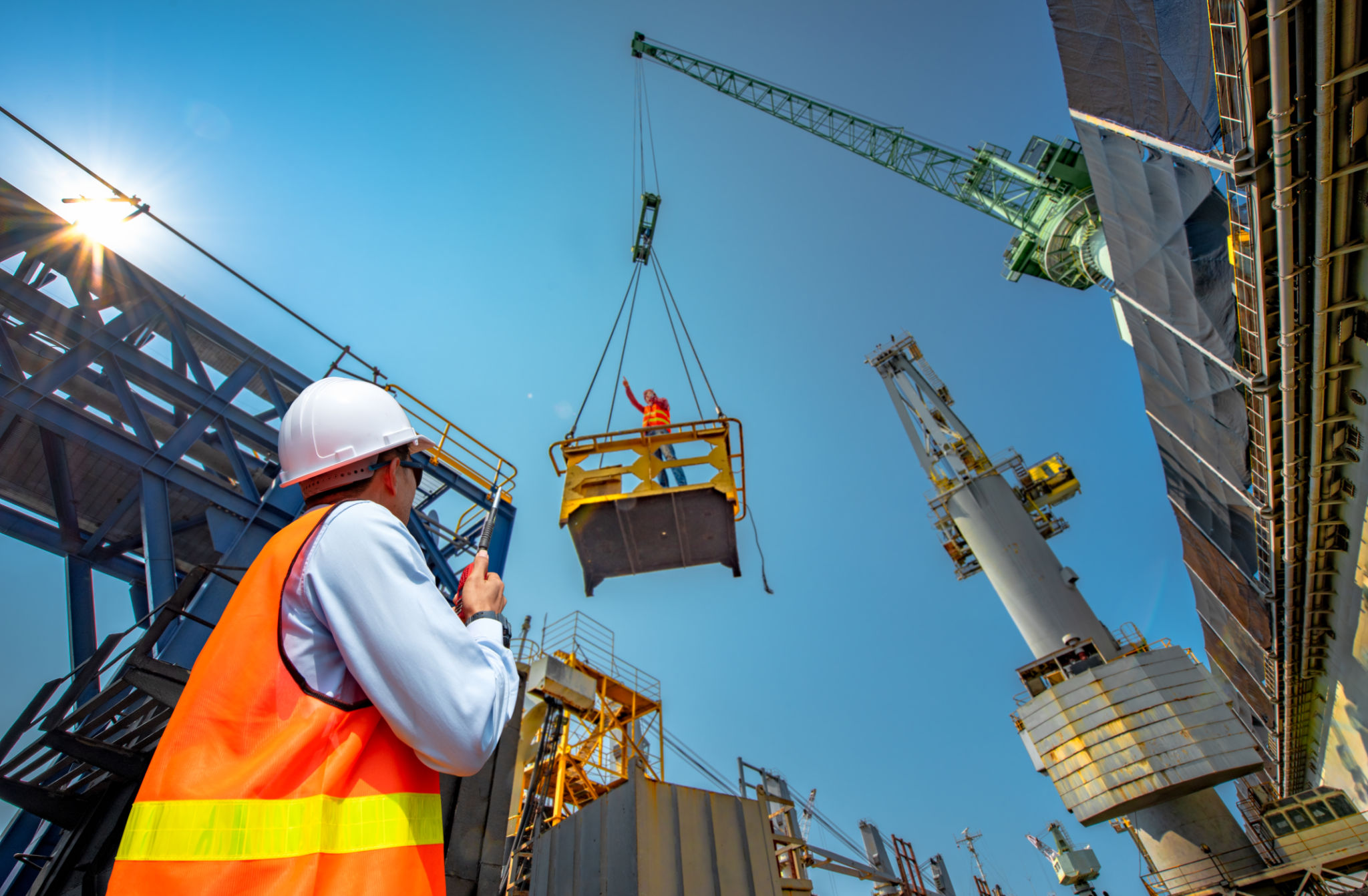Crane and Rigging Safety: Essential Certifications for the Modern Workforce
KM
Understanding the Importance of Crane and Rigging Safety
In today's construction and industrial sectors, cranes and rigging equipment are indispensable. However, their operation comes with significant risks. Ensuring safety in these environments is crucial, not only to protect workers but also to maintain operational efficiency. As a result, having the essential certifications for crane and rigging safety is a non-negotiable aspect of modern workforce training.

The Core Certifications Required
To uphold safety standards, various certifications are essential for anyone involved in crane and rigging operations. These certifications validate a professional's ability to handle equipment safely and effectively. The most recognized certifications include:
- Crane Operator Certification: This certification is vital for anyone operating a crane. It ensures the operator has the necessary knowledge and skills to manage the equipment safely.
- Rigger Certification: Riggers are responsible for setting up and managing the rigging systems that lift, move, and position loads. A rigger certification ensures that the individual can perform these tasks safely.
- Signal Person Certification: Signal persons are crucial in guiding crane operators with precise hand signals and radio commands. Their certification confirms their expertise in communication and understanding of equipment dynamics.
The Role of Training Programs
Comprehensive training programs are central to achieving these certifications. They cover a wide range of topics, including equipment operation, safety protocols, load dynamics, and emergency procedures. These programs often blend classroom instruction with practical hands-on experience, ensuring workers are well-prepared for real-world situations.

Regulatory Bodies and Standards
Several regulatory bodies oversee crane and rigging safety standards. In the United States, the Occupational Safety and Health Administration (OSHA) sets the guidelines for safe crane operation. Additionally, the National Commission for the Certification of Crane Operators (NCCCO) provides nationally recognized certifications for crane operators and riggers.
These organizations ensure that safety standards are met through regular audits and updates to certification requirements, keeping pace with industry advancements and emerging technologies.
Benefits of Certification
The benefits of obtaining these certifications extend beyond compliance. For employers, certified workers lead to fewer accidents, reduced downtime, and lower insurance costs. For workers, certifications not only enhance their skill set but also increase job opportunities and potential earnings.

Continuous Education and Recertification
Crane and rigging safety is an evolving field. Regular recertification and continuous education are necessary to stay updated with the latest safety standards and technological advancements. Many certification bodies require professionals to renew their credentials every few years through exams or continuing education credits.
Conclusion: A Safer Workplace
Incorporating essential crane and rigging safety certifications into workforce training programs is paramount. By prioritizing these certifications, companies can foster a culture of safety, ensuring that all employees operate within safe and efficient parameters. Ultimately, this commitment to safety not only protects workers but also contributes to the overall success of a project.
